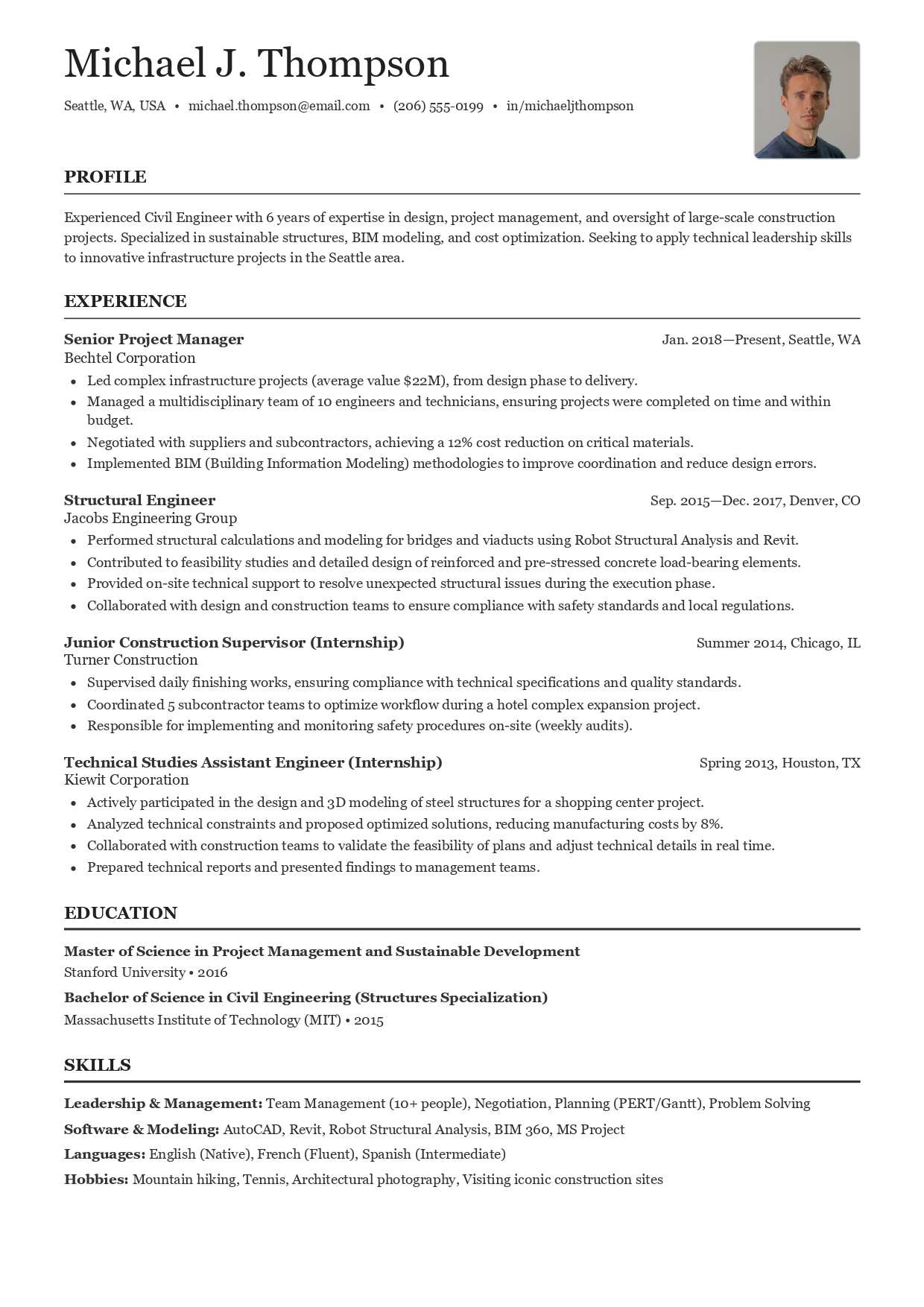It's the age-old resume debate: should your resume be one page? For decades, career advisors have preached the "one-page rule" as gospel. But in today's job market, is it still relevant? Or could that strict limit be forcing you to cut valuable experience?
The short answer is: it depends. The ideal resume length isn't about a magic number of pages; it's about presenting your most relevant qualifications in the most concise and powerful way possible. This guide will break down the rules for every career level, so you can choose the right length with confidence.
The One-Page Resume: A Golden Rule for Most
For the majority of job seekers, the one-page resume is still the gold standard. A hiring manager spends an average of just 7 seconds scanning a resume. A single, well-organized page makes their job easier and proves you can prioritize essential information.
Stick to one page if you are:
- A student or recent graduate. You should focus on education, internships, and projects, which fit perfectly on one page.
- An entry-level professional. Your career is just beginning, and a concise summary is most effective.
- A professional with less than 10 years of experience. You can effectively summarize your achievements without needing a second page.
- Making a career change. You should highlight transferable skills and relevant experience, not your entire work history.
The Two-Page Resume: When It's Necessary
As your career progresses, so do your accomplishments. Trying to cram 15 years of high-impact work onto a single page can do more harm than good. A two-page resume is acceptable—and often preferred—in certain situations.
Go for two pages if you are:
- A senior-level professional with 10+ years of relevant experience. You need space to detail your leadership roles, major projects, and significant accomplishments.
- In a technical or scientific field. Professionals in IT, engineering, or academia often need space to list projects, publications, patents, or technical skills.
- A C-level executive or senior manager. A comprehensive overview of your extensive leadership experience is expected.
The Golden Rule for Two Pages: The second page must be as impressive as the first. If it's filled with low-impact or irrelevant information just to add length, stick to one page. Your most critical information should always be on the first page.
The "Never-Ever" Rule: Three Pages or More
Is it ever okay to have a three-page resume? For a standard corporate job application, the answer is almost always no. A resume that long suggests you can't differentiate between what's important and what's not.
The main exceptions are:
- Academic CVs (Curriculum Vitae): These are comprehensive documents for roles in academia or research and can be many pages long, listing publications, conferences, and research in detail.
- Federal Government Resumes: These often require a highly detailed format that can extend beyond two pages.
For 99% of jobs, think of two pages as the absolute maximum.
How to Shorten Your Resume to One Page
If you're struggling to cut your resume down, here are five powerful techniques:
- Tailor It to the Job: Remove any experience, skills, or bullet points that aren't relevant to the specific job you're applying for.
- Focus on Achievements, Not Duties: Use bullet points to highlight quantified results (e.g., "Increased sales by 20%") instead of listing daily tasks. Achievements are more impactful and take up less space.
- Adjust Your Formatting: Decrease the margins (no less than 0.5 inches), reduce the font size (no smaller than 10pt), and use space-saving templates.
- Cut Filler Words: Remove phrases like "Responsible for" or "Duties included." Start your bullet points with strong action verbs.
- Condense Older Experience: For jobs you held over 10-15 years ago, you can list the job title, company, and dates without any bullet points.
Ultimately, the perfect resume length is the one that tells your professional story effectively without wasting the reader's time. Relevance is king, not page count.
